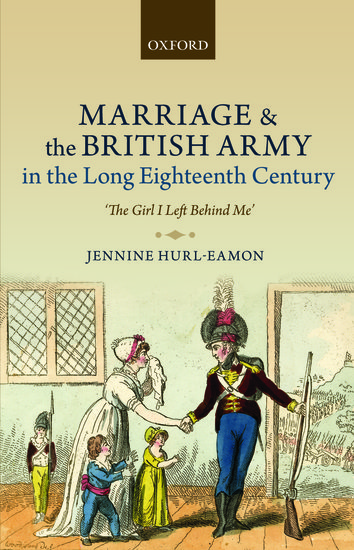The 11 explorers you need to know
The list of explorers that changed the way we see the world is vast, so we asked Stewart A. Weaver, author of Exploration: A Very Short Introduction to highlight some of the most interesting explorers everyone should know more about.









